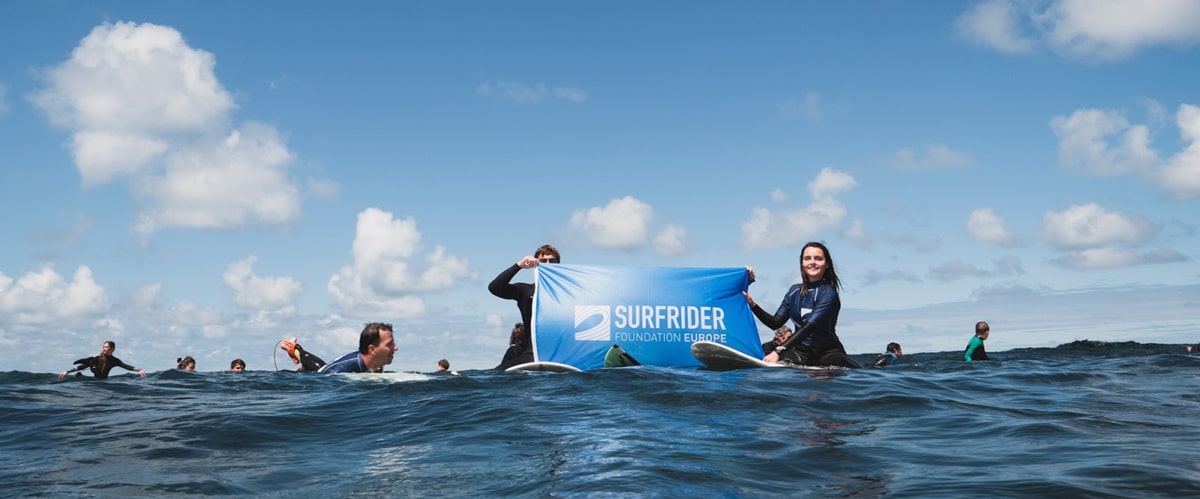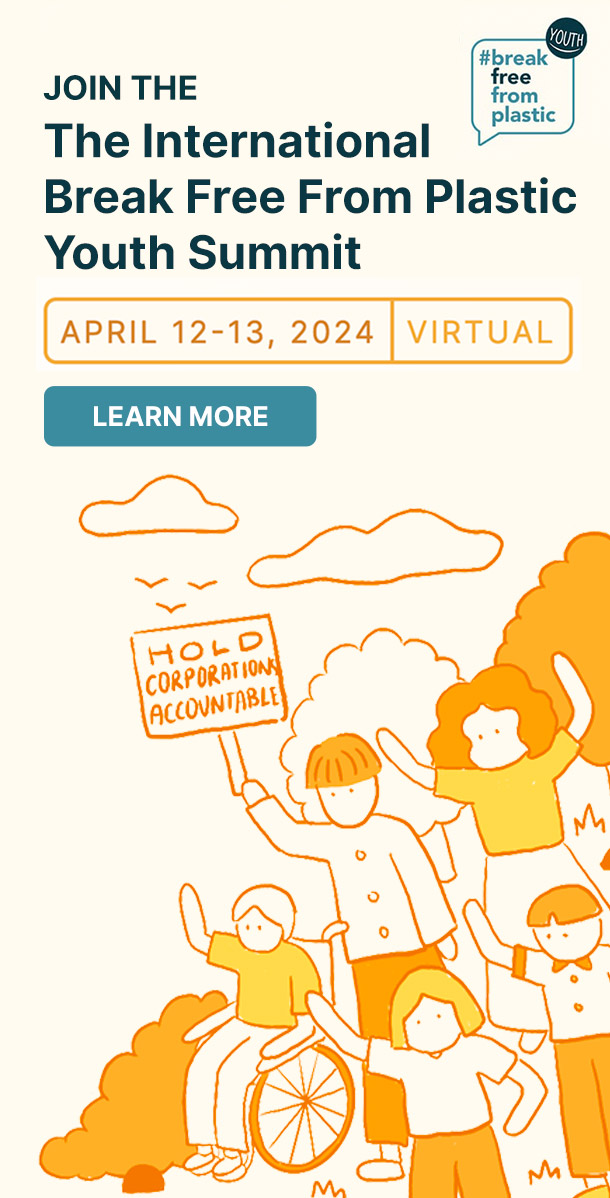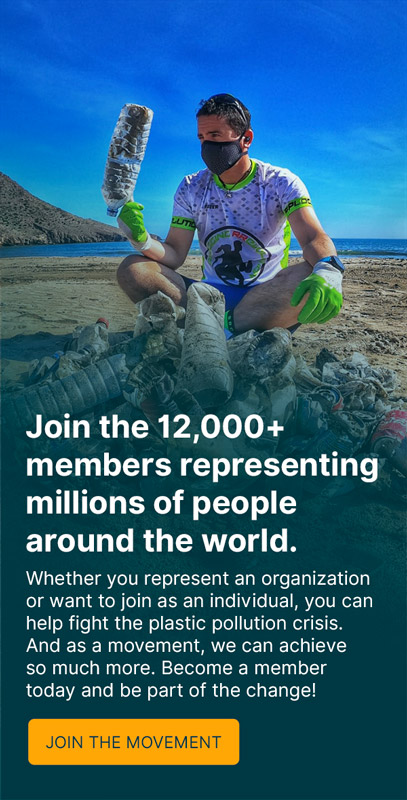Please introduce yourself and your organisation.
My name is Diane Beaumenay-Joannet. I’m one of two coordinators of the Break the Plastic Wave campaign of Surfrider Foundation Europe, together with Cristina Barreau, Marine Litter Coordinator. I’m based in Paris (France). I also spent half of my time as a marine litter policy officer, working hard to influence French politics and policies to protect the Ocean from pollution and fight against plastic pollution. I have been working at Surfrider Foundation Europe since 2015. The Break the Plastic Wave Campaign is Surfrider Europe's new rebranded campaign to stop plastic pollution of the ocean. The campaign aims to mobilising at every level of society for the needed changes to happen to stop plastic pollution at source, not only from citizens, but also business and international, European, national and local institutions.
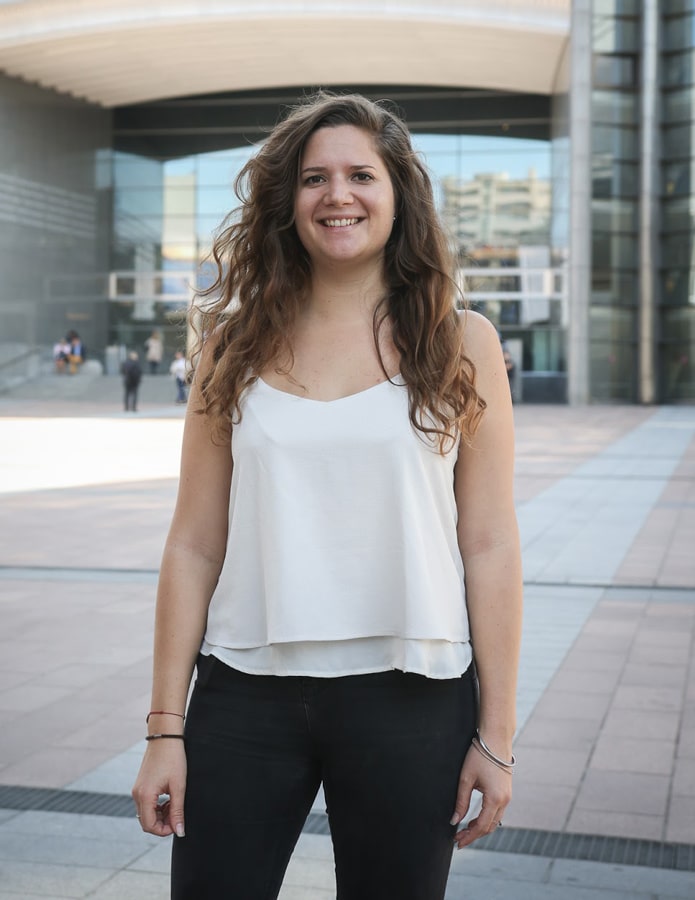
Why is plastic pollution an important issue for your organisation? What’s the story?
Surfrider Foundation Europe started in 1996 its first Ocean Initiatives programme. The objective is to raise awareness about waste and litter impacting the Ocean and our coasts. The Ocean initiative programme which still exists today is not about collecting waste for the sake of it, but to raise awareness, initiate change and very importantly to collect data so we can then stop the problem at its source. This data is used as evidence to urge policy makers to take or adapt measures against pollution. Every year, thanks to the Ocean Initiatives, Surfrider Europe produces its annual environmental report, which gives a thorough analysis of the state of Europe’s marine litter issue. And every year, the results leave no doubt: plastics account for more than 80% of the litter we find. ⅓ of our plastic production ends up in our nature, in our Ocean, seas, rivers and lakes and along our coasts. This would represent between five and 13 million tonnes of plastic estimated to end up in the ocean every year. In certain areas of the globe, plastic represents up to 95% of the total marine debris. Most of the plastic pollution is under the surface and threatens around 700 marine species. Plastic pollution of our ocean is also increasingly coming from microplastic primary sources.
This is the reason why our Break The Plastic Wave campaign focuses on stopping pollution coming from both microplastics and macroplastics. All these dramatic facts about plastic pollution and its impacts on ocean health and on our health explain why 30 years ago, from the very start, Surfrider Europe was created to stop ocean pollution, with, since then, specific campaigns and programmes developed to specifically fight plastic pollution.
Tell us more about your ongoing campaigns and activities.
Surfrider Europe has many activities in the making or about to be finalised, as part of its Break the Plastic Wave Campaign: from a social media campaign calling for stronger EU action to restrict microplastics added to our products in Europe, or an exhibition travelling in several EU countries on the impacts and sources of microplastics.
Within the Break The Plastic Wave campaign, one of our main focuses for 2021 will be to launch a new campaign to mobilize citizens in Europe on the monitoring of the implementation of the SUP directive and call both companies and Member States for compliance. We want to ask EU citizens to help us spot forbidden SUP in their supermarket or their favourite restaurant and share them on social media. It’s going to be a huge campaign and we’re super excited to present it very soon to other members of the BFFP Europe when ready.
When did your organisation become a core member of BFFP?
Surfrider Europe became a core member of BFFP at the very start, together with our partners from Surfrider International network when the movement was still called “Plastic alignment process”. Being part of the BFFP movement means a lot for our organisation and allows us to amplify our impacts over the world in a more coordinated manner.
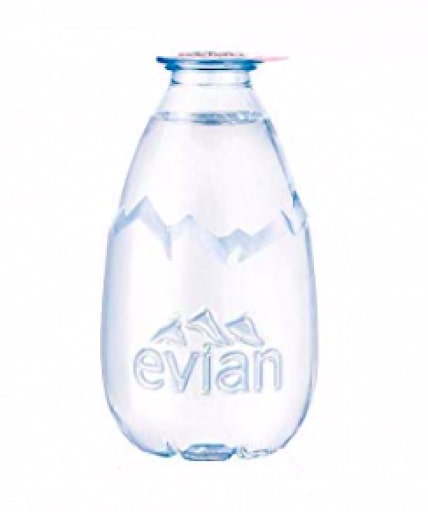
What is the most ridiculous plastic product or packaging that you have seen?|
Examples are many unfortunately but one which particularly shocked us was the Drop of Water from Evian which was actually “the drop of water that broke the camel's back”. In 2019, Evian put on the market a 20 cl water plastic bottle, the smallest format ever. This new bottle was closed with a non-repositionable plastic cover. 155,000 signatures were collected asking Evian to remove this nonsense from their production line, which the company ended up doing.
What do you find shocking in the plastic waste landscape that you think everybody should know about?
Something shocking is certainly the growing emergence of false solutions, quick fixes and fake claims to exploit andcapitalise on citizens’ concerns about plastic consumption and plastic pollution, which mislead consumers and divert them away from real solutions. It is the reason why Surfrider Europe has decided to focus part of its Plastic campaigns to
the fight against what we have called “plastic fake-outs”. In 2020, Surfrider Europe issued three infographics to denounce recycling alone, “bioplastics” and cleaning up the ocean as solutions to the plastic crisis. We’re planning on issuing more materials on this topic as we see more and more ramping greenwashing as Europeans increasingly seek to buy environmentally sound products and more scientific studies on the state of our ocean make headlines.

